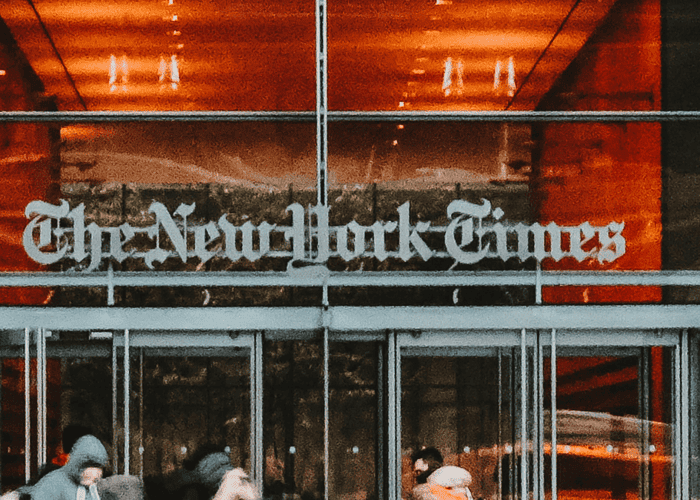OpenAI: NYT "hacked" chatbots to make up evidence. New York Times: Did nothing illegal. The catfight continues.
Key notes
- OpenAI refutes copyright claims by NYT, arguing the Times manipulated their systems.
- NYT denies manipulation, stating they simply used OpenAI’s products for evidence gathering.

OpenAI is contesting a copyright infringement lawsuit filed by the New York Times. The Times alleges that OpenAI and its financial backer, Microsoft, used its articles without permission to train chatbots like ChatGPT.
OpenAI denies these claims, asserting that the Times’ accusations do not meet their usual journalistic standards. They argue that the Times manipulated their systems through prompts that violated OpenAI’s terms of use, essentially “hacking” their chatbots to generate misleading evidence. OpenAI further contends that they did not infringe on any copyrights and that the Times’ lawsuit misrepresents the capabilities of their technology. This comes after NYT said OpenAI’s unlawful model training costs them “billions.” Here is another instance of the saga.
The New York Times denies wrongdoing, stating they legitimately used OpenAI’s products to gather evidence supporting their copyright claims. This lawsuit is part of a broader trend emerging within the technology sector, with copyright holders increasingly challenging tech companies’ methods to train AI systems. It’s literally a catfight.
The legal question of whether using copyrighted material for AI training falls under fair use remains undecided by courts. OpenAI expresses confidence in their position, believing that the fair-use argument will ultimately prevail in their case.
They argue that AI models, similar to the New York Times itself, can acquire knowledge about factual information regardless of whether they were directly involved in its creation.
The legal dispute is ongoing, with both parties presenting their arguments. The court will ultimately determine the validity of the copyright claims and the accusations of manipulation.
More here.
Read our disclosure page to find out how can you help MSPoweruser sustain the editorial team Read more




User forum
0 messages